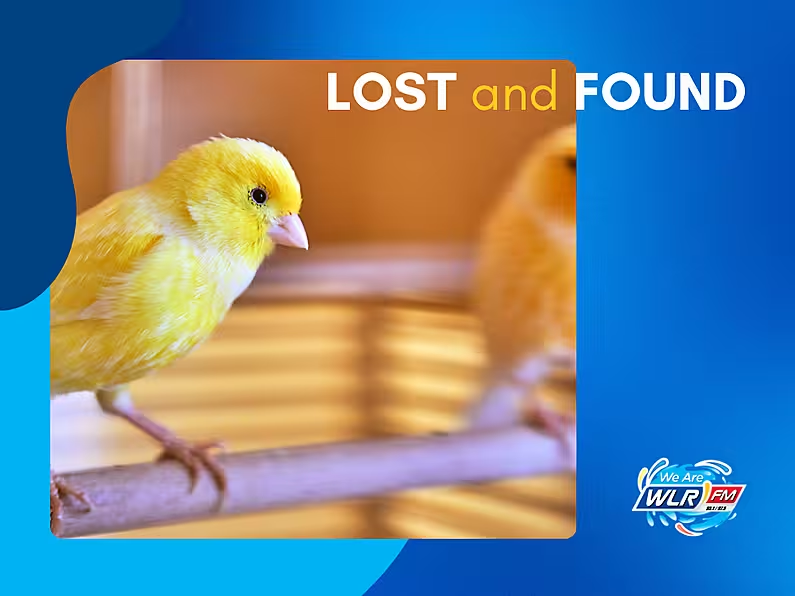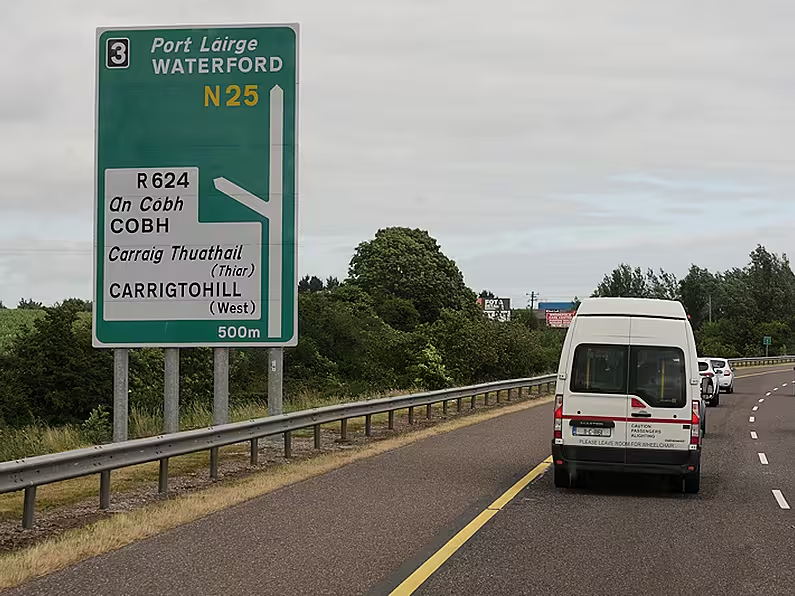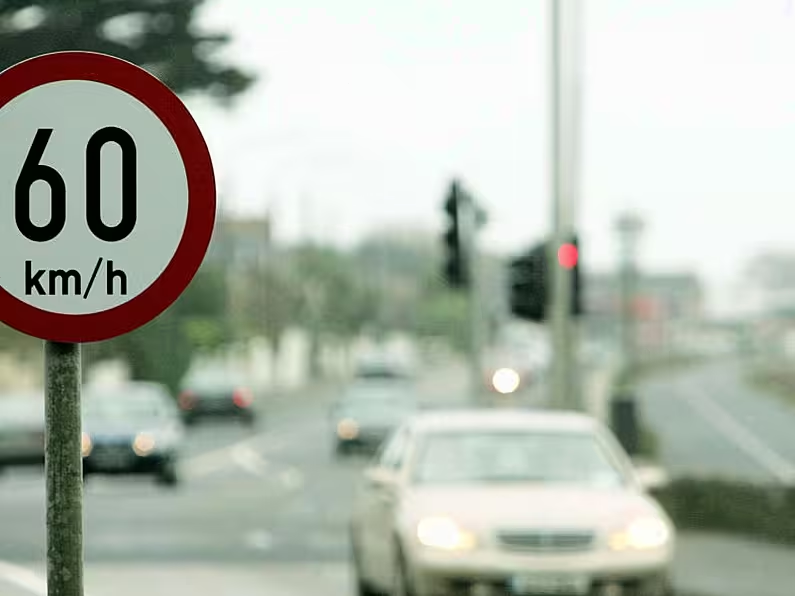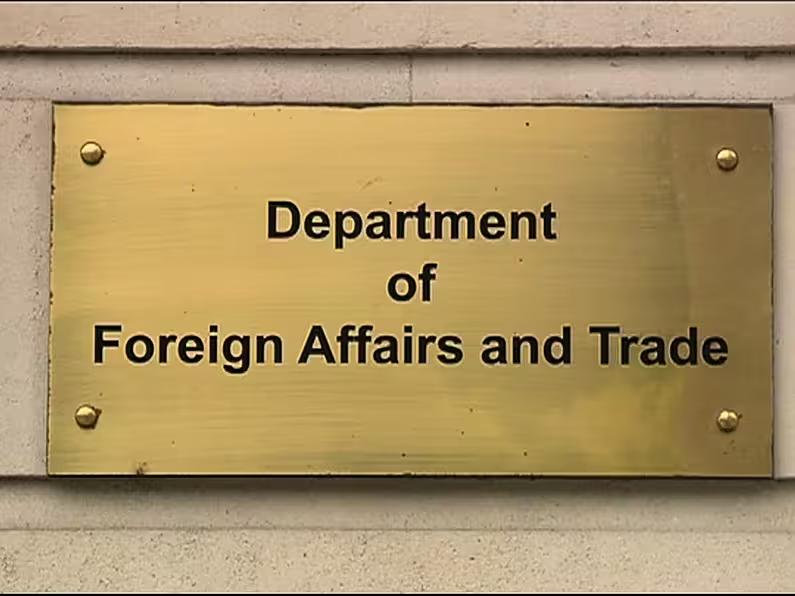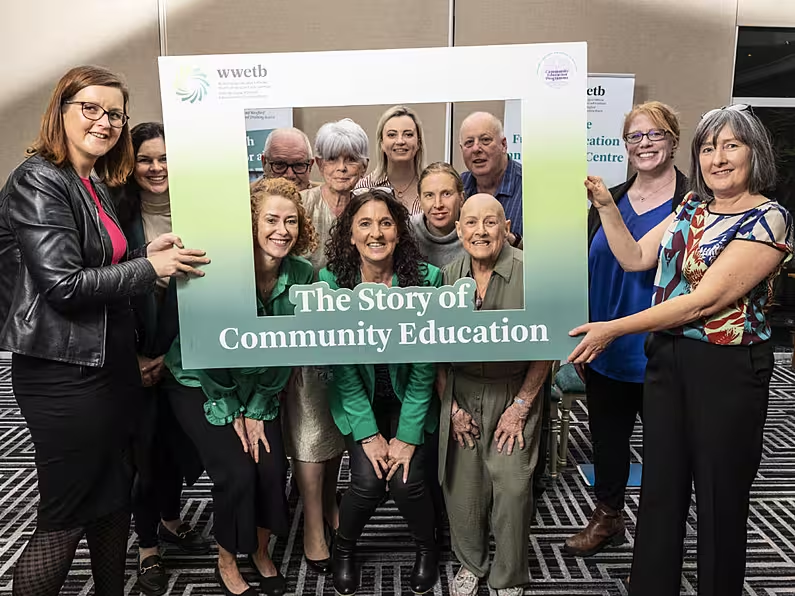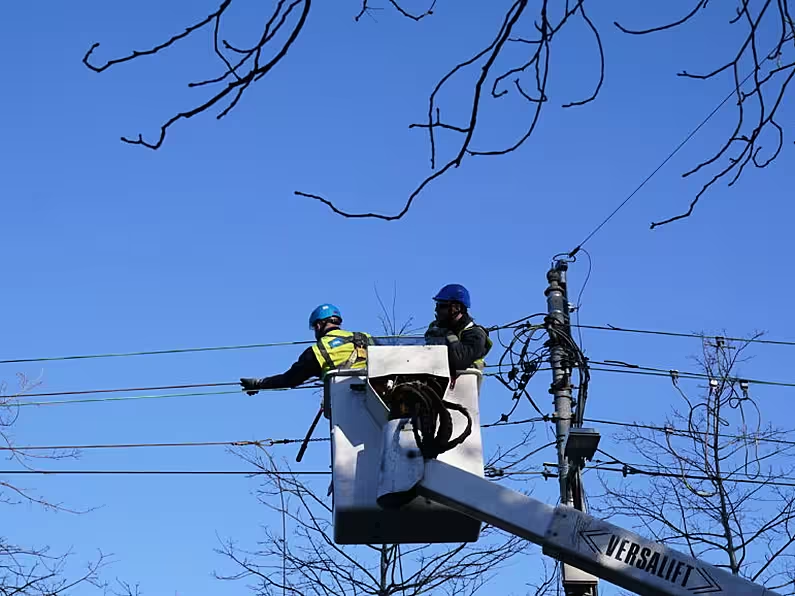Vivienne Clarke
Donegal GP Denis McCauley has said that any documentation from GPs about people who have recovered by Covid would be “useless”.
There was a pathway involving public health and tracking and tracing systems that would provide that information, he told RTÉ radio’s Today with Claire Byrne show.
There needed to be “one unified source” for such documentation and GPs could not do that because they did not have access to case results since the malware attack on the HSE, he said.
Central source
If the Government was serious about such a system then it needed to be practical with a central source providing the information.
In the very rare circumstances where a person could not be vaccinated, which would be very unique, he said, a GP would never issue any sort of document without first consulting with public health. “Issuing a letter like that would be meaningless.”
Dr McCauley said that from a public health perspective a person in that situation should not be going into a public place.
While he was “nervous” about the opening of indoor dining, he understood the reasoning for doing so, but warned that any plan needed to be “practical and applicable”.
Ireland’s vaccination programme was doing very well because the public had “bought into it”. The country now wanted to go onto the next stage and to do so was important psychologically, but it needed to be done in a cautious way, he said.
Dr McCauley said concerns about unvaccinated staff and under-18s were “a red herring” he said and were not “a big factor” as such staff would be masked.
Meanwhile, the Covid adviser to the Irish College of General Practitioners (ICGP), Dr Mary Favier has said that general practitioners have no role to play in the issuing of certificates or letters for people recovering from Covid.
It was not appropriate for GPs to be expected to be involved because of the “sheer workload” they were already facing along with the lack of accurate information on Covid cases following the cyberattack on the HSE.
“I cannot see a role we could play in providing credible documentation,” Dr Favier told RTÉ radio’s Morning Ireland.
One GP told me he almost crashed his car.
GPs were always willing to help their patients, however there had been a “collective sharp intake of breath” on Tuesday morning when Minister Catherine Martin said on radio that GPs would be issuing ‘recovery certs’. “One GP told me he almost crashed his car,” she said.
Across the country there had been a “huge surge” of calls to general practices on Tuesday following the Minister’s comments. “Our phone lines were slammed.”
General Practices were already “exceptionally busy” trying to cope with their existing workloads, she added.
Dr Favier said that the number of people who could not be vaccinated or could not receive their second vaccine, was very small, but that GPs were not in a position to give a letter, so those people could go into a hospitality setting. To do so would contravene public health guidelines, she said.
Positive Covid diagnosis
Plans for the reopening of the hospitality sector needed to be credible and to be applied appropriately and accurately and to be supported by the public, she said. It was not realistic to expect GPs to have to “whip out a calculator” to start working out how many more days a person was immune following their positive Covid diagnosis.
Dr Favier urged the public to be vigilant when using shared surfaces and spaces indoors, to wear their mask when using bathrooms, to sanitise their hands on returning to their table. Unvaccinated staff also had to be given the respect they deserve.
Plans to vaccinate children aged 12-15 would be a welcome development, she said. The vaccination programme was proving to be really effective and was “our ticket out of these difficult times”. It would be great to get children who were in high risk groups vaccinated.
The levels of enthusiasm for vaccination among the 18 to 30 age group was “great to see,” she said.





